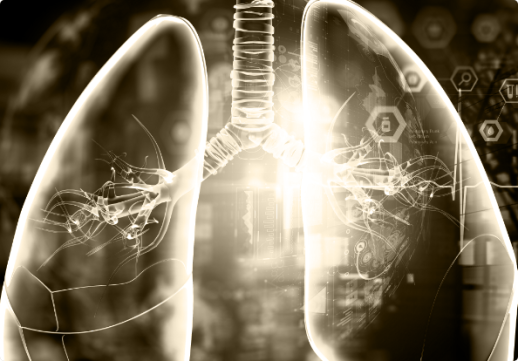Lung Cancer-related risk factors and their Impact Assessment

5600

7

20

4

9

About the Project

LUCIA is a project funded by the European Union Horizon Europe Programme. It started in January 2023 and will last 48 months. It brings together a consortium of 20 partners – academia, associations, hospitals, NGOs, research and technological organisations, and industry – led by TECHNION (Israel Institute of Technology), from six EU countries and three associated countries.
Its key aim is to constitute a toolbox for discovering and understanding new risk factors that contribute to lung cancer (LC) development. The toolbox encompasses the analysis of three complementary aspects that feed into each other:
(1) personal risk factors (i.e., a person’s exposure to chemical pollutants and behavioral and lifestyle factors),
(2) external risk factors (i.e., urban, built and transport environments, social aspects, and climate), and
(3) the cellular processes (i.e., changes in genetics, epigenetics, metabolism, and ageing)





